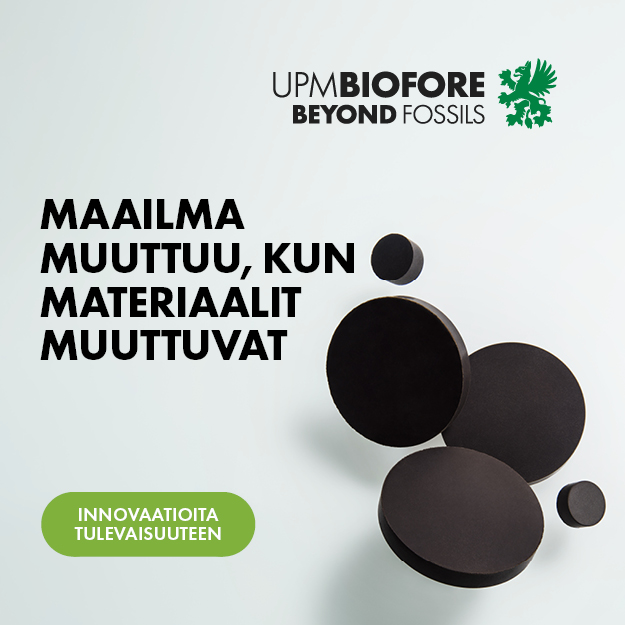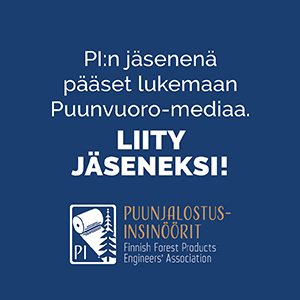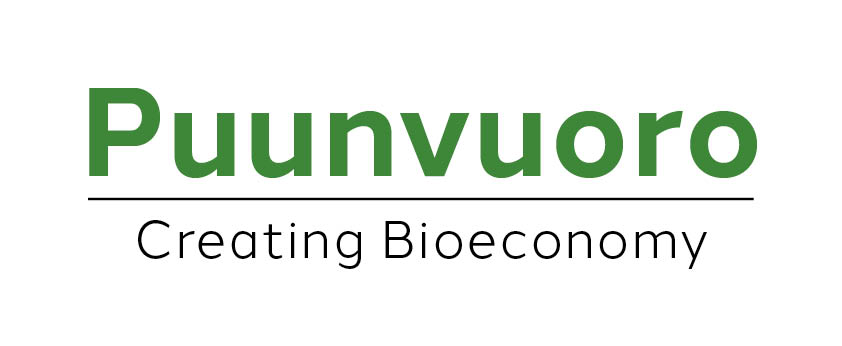Metsä Spring’s CEO Niklas von Weymarn emphasises that when considering new businesses, three criteria must be met.
“The first is that we need to able to establish a relevant link with our own business. That is, we are expanding Metsä Group’s productive ecosystem. The second criterion is related to the development phase of the project. The laboratory phase is too early for us, but we want to be involved in the pilot and demo phases. At this stage, we can see how the operations are scalable on a larger scale.”
The third criterion is profitability. By looking at the production process, the potential market for the product can be analysed. The task is not easy, as the new products of new companies are subject to new circumstances.
Metsä Spring, which started operations in 2018, now has six startup investments in its portfolio: Woodio, Innomost, Montinutra and Fiberwood from Finland, and Adsorbi and FineCell from Sweden.
“The Finnish companies are connected to our ecosystem, that is, they get their raw materials from our side streams. Both of the Swedish companies process pulp.”
Biochemicals from sawdust
One of the Finnish companies, Montinutra, is currently known as Boreal Bioproducts.
Boreal Bioproducts extracts hemicellulose and lignin from sawdust, which can be used to replace fossil raw materials in the future, for example, in technochemistry and the cosmetics industry. The company’s pilot plant is currently in Turku.
The company is planning to build a larger production plant next to Metsä Group’s Vilppula sawmill. This plant would use the spruce dust generated as a side stream of the sawmill as its main raw material. The decision to start project planning was sealed by the EUR 7 million financing decision received by Boreal Bioproducts from Business Finland in January 2023. The investment costs of the planned production plant are estimated to be approximately EUR 20–25 million. The facility could start operations by the end of 2026.
“In principle, startups operate fast and at a higher risk than large companies. We aim to solve a certain issue related to Metsä Group’s production by utilising a side stream and turning it into products with higher added value. Metsä Group is an especially great partner for us as the entire production value chain is present. First and foremost, however, we are an investment for them, not a product development project,” says Jaakko Pajunen, Managing Director of the company.
He adds that the production method of Boreal Bioproducts will also be tested with side streams from the Chilean pulp company CMPC in the near future.
“Every aspect of our process is planned in a way that we do not rely on any single company. The only thing that matters is that the side stream is suitable for us.”
The productisation of biochemicals and their market potential, in turn, is a separate project. According to Pajunen, they are looking at both cosmetics and industrial products.
“Cosmetics is, of course, a good area in terms of added value, but there may not be potential for very large production volumes. With regard to high-volume products, better alternatives are, for example, industrial adhesives and various binding agents.”
Ecosystems bring and grow multidisciplinary operations
According to von Weymarn, the importance of partnership networks is generally significant in the development of new business today.
“Previously, it was common that you did your tasks yourself and within your sector. Since then, the world has become more complex and competition has become tougher. More and more ideas and thoughts are grouped together with ecosystem partners, equipment suppliers and sales and marketing partners.”
He points out that companies were still multidisciplinary in the 1990s.
“This strategy then hit the wall and companies focused on their core competencies. Now we are moving towards a multidisciplinary approach again. The current production ecosystems rely heavily on wide company networks, which means that they are not all part of one company.”
In addition to startup investments, he mentions the Muoto packaging products and Kuura textile fibre as examples of the Group’s own projects.
Muoto fibre products have been developed in a joint project between Metsä Spring and Valmet focused on a test plant in Äänekoski since May 2022. The test plant has developed in parallel fibre packaging solutions and a completely new manufacturing method to make safe packaging solutions from wood fibres while saving raw materials, energy and water.
The renewable and recyclable Muoto packaging product is an alternative to plastic, for example, in food packaging. Wood-based products are pressed to their final shape with a new kind of technology, and their properties can be customised in the production process according to the intended use.
Metsä Group has recently carried out a preliminary study on the construction of the first commercial factory manufacturing Muoto packaging solutions in its Rauma factory site. The preliminary study examined, for example, the technical functionality and financial profitability of the plant.
The factory would manufacture custom-made Muoto fibre packaging solutions for different purposes in people’s everyday lives. In addition to the custom shapes made possible by fibre, the advantages of the solution include lightness, strength and recyclability.
“The role of Metsä Group is not to be a technology developer. With Valmet, we have an excellent partner and we are already familiar with wood fibre as a raw material,” von Weymarn points out.
Kuura’s Japanese partner
Another example of the Group’s own product development is Kuura – a pulp-based textile fibre with cotton-like properties.
“A product like Kuura is a good example of the fact that when the test plant was initially considered in 2018, the equipment manufacturers were not yet ready to do anything. Industrial equipment and process solutions capable of manufacturing a new kind of pulp-based product did not exist. We were pretty much alone anyway. It was a completely new product and we had no partners we required, except for the market expert Itochu.”
In 2018, Metsä Spring and the Japanese Itochu Corporation set up a joint venture, MI Demo, to develop textile fibre. The test plant, which cost more than EUR 40 million, was completed in 2020. Since then, Metsä Spring has acquired Itochu’s share and now owns MI Demo entirely.
“Itochu, who are also known as a trading house, brought us the chain expertise needed for marketing the new product.”
At the moment, Metsä Spring continues the experimental production of Kuura fibre in Äänekoski and, in parallel, develops a technical concept for a first commercial textile fibre factory. According to Metsä Group’s concept, the Kuura plant would be integrated into a modern bioproduct mill in order to maximise the industrial efficiency of textile fibre manufacturing and minimise the environmental footprint.




